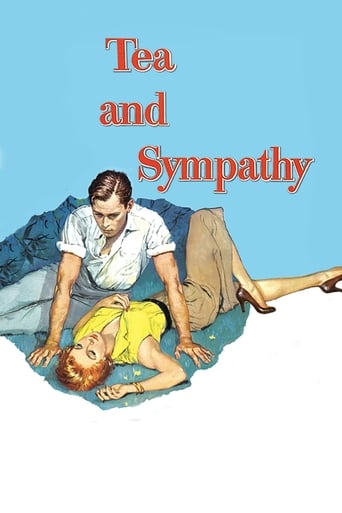


Tea and Sympathy
At a high school reunion, a middle-aged man recalls his boarding school days, when the only person who seemed to sympathize with him was his housemaster's wife.
-
- Cast:
- Deborah Kerr , John Kerr , Leif Erickson , Edward Andrews , Darryl Hickman , Norma Crane , Dean Jones


Similar titles
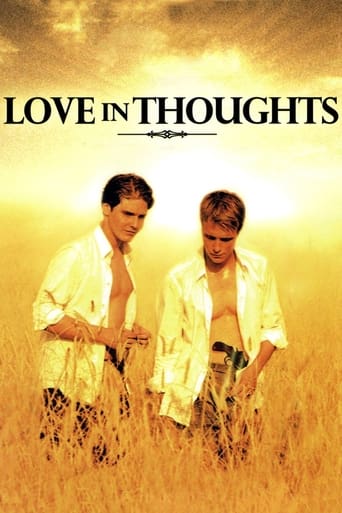
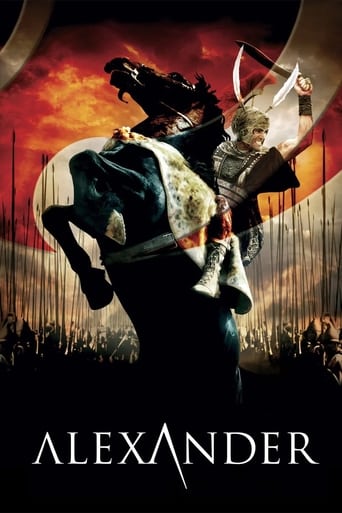
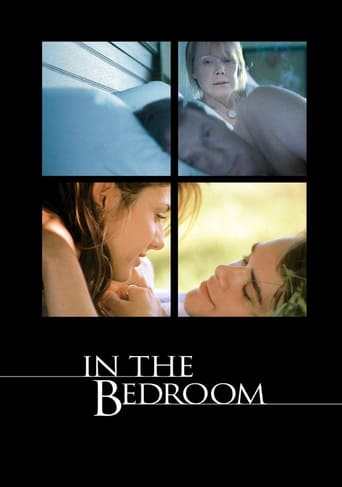
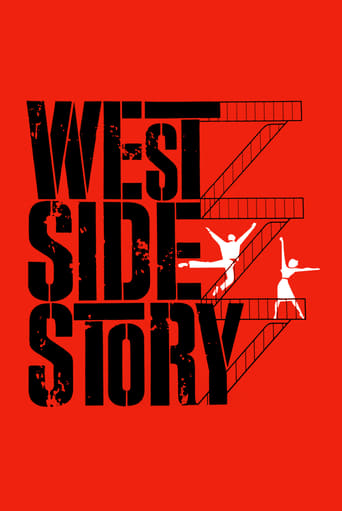
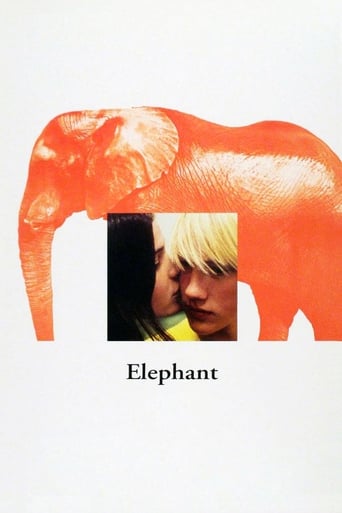
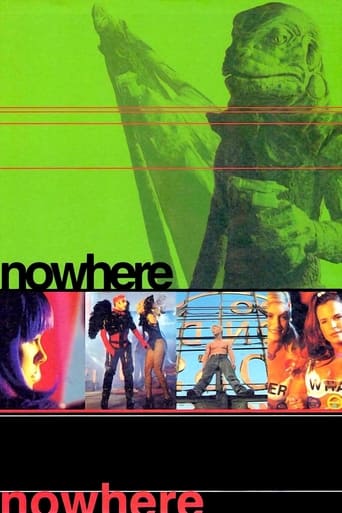
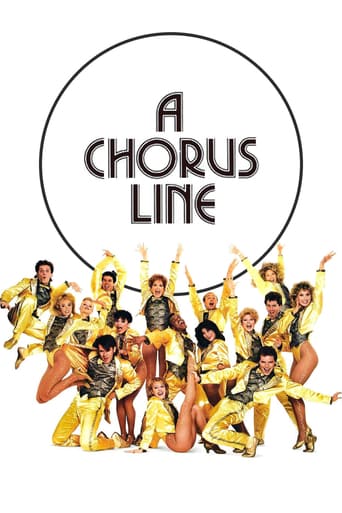
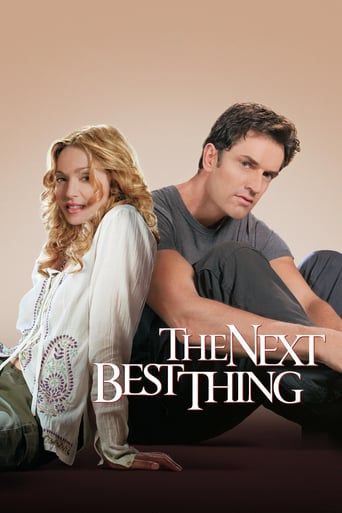
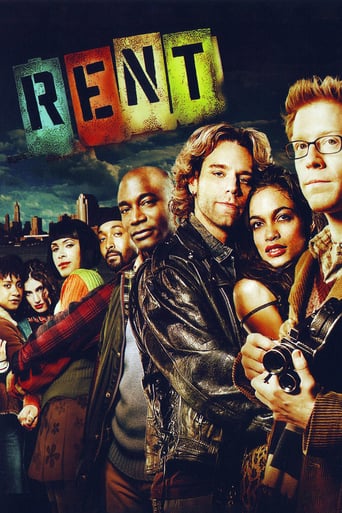
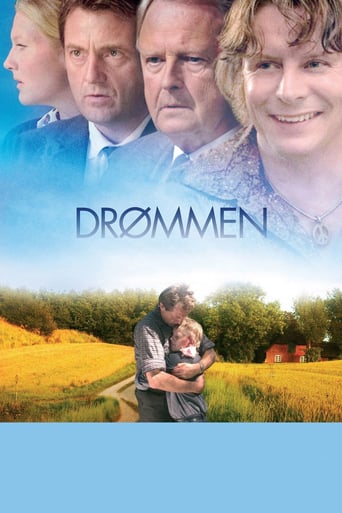
Reviews
Just perfect...
A waste of 90 minutes of my life
The plot isn't so bad, but the pace of storytelling is too slow which makes people bored. Certain moments are so obvious and unnecessary for the main plot. I would've fast-forwarded those moments if it was an online streaming. The ending looks like implying a sequel, not sure if this movie will get one
This is a dark and sometimes deeply uncomfortable drama
Slickly done MGM soaper. As I recall, the movie was much talked about at time of release, no doubt because of its touchy subject matter. Homosexuality was primarily a taboo topic in the straitened 1950's. The question posed is whether Tom's non-masculine traits are traceable to a latent homosexuality. That's what the film's basically about though the word itself is never mentioned. Due to family tradition, Tom's required to attend an upper-class all-boys college. That would be okay, except hyper-masculine behavior is the required norm, and since Tom's basically a sensitive type seemingly uninterested in girls, he's ridiculed and shunned by the other lads as a "sister-boy". The wife of his macho house-supervisor, however, is a sensitive soul herself. She cares about his plight when no one else does. But Laura's not sure how to help, especially when the school environment discourages sensitivity as unmanly. So how will Tom's predicament evolve when so much of his life combines against a non-conformity he seems unable to resist.The story's told in Tom's flashback, so we know that whatever happens, he physically survives. But in what kind of mental state, we don't know until the end. Note how director Minnelli films entirely at an impersonal distance. There are no subjective close-ups. That way story remains uppermost, at the same time personal emotions are minimized. Whether this was the best course remains, I think, debatable.Fortunately, the lead actors, Kerr (Tom) and Kerr (Laura), avoid excess. Thus, the results avoid treacle, the usual pitfall of a movie of this type. However, the boys' boisterous horseplay is spread on with a trowel, an over-exaggeration I guess to better contrast with the withdrawn Tom. But it's not really needed to that distractive degree.Anyway, the story manages considerable human interest as both Tom and Laura try to deal with the travails of a hyper-masculine environment. I like the way Laura is slowly drawn into Tom's kindred soul predicament, and in a way that provides her own self-discovery after years of feminine conformity. Also, catch how subtly impotence is implied when Tom visits bargirl Ellie (Crane). The problem also turns out to be a key plot ingredient.By and large, the taboo elements appear dated. Still, interest is pretty well maintained over the two-hour runtime. That plus a thoughtful upshot makes this MGM production worth catching up with.
Although 'Tea and Sympathy" is extremely dated it is a very valuable social document. My biggest problem is the age of the cast. Most of the"schoolboys" seem to be over 20 years of age. Even John Kerr, in his starring role seems several years older than the 18 years he is supposed to be. I came to this film after seeing the 1958 musical "South Pacific" for the first time ever, in which John Kerr plays Marine Lieutenant Joe Cable. He is my idea of an admirable young man of innate integrity - handsome, dignified, the epitome of the most noble type of young American serviceman. 'Tea and Sympathy' is clearly a stage play in essence, but that's the mode in which I choose to enjoy it. The world of today (2016) is awash with LGBT knowledge of gay realities, but in the 1950s, clearly, nobody understood much about such things and Hollywood was terrified of the subject. One good result of this is that, given the Tom Lee character is not even slightly gay, John Kerr - super-straight in real life - is perfect casting! Deborah Kerr plays her role as the Housemaster's understanding wife with great verve. I bought a region-free DVD online - The remastered edition from Warner Brothers Archive. (Warnerarchive.com)
The reviews here of this film are either very supportive of the film, or very dismissive of the film. I was pleased to see more that are supportive, but unfortunately there are quite a few people out there that just don't get it.In age where over a dozen states now have gay marriage, it is virtually impossible for anyone younger than -- well, let's say 50 -- to understand the time which this film depicts. Stonewall was 16 years in the future. The vast majority of gay men were totally closeted. You cannot compare the gay world of 1956 with the gay world of 2013. This film takes place in the era when men were (supposed to be) men. Many people were so dense about gay life that they couldn't conceive of Liberace being gay (and this play came about just as Liberace was coming into our living rooms every week); but few "saw" it...or wanted to see it...or wanted to admit it. So for those of you who want to put down this movie as being unrealistic...it wasn't that unrealistic in the mid-1950s. In fact, for its time, this was a rather daring film, and apparently had difficulties with the motion picture production code.It's very easy to attribute some of the film's misguidedness to the stereotypes that we see here. But, often stereotypes become so because of a degree of accuracy. The young man depicted in this film is marching to a different drummer, at a time when not many people did. The most interesting question the film brings up -- and doesn't answer -- is whether or not the young man was actually gay. It seems as if he was, or perhaps he was just not ready to take on an active heterosexual life. Perhaps he was closeted. It's ambiguous. The father's attitudes are not that off-base when you consider that the character was born not long after the turn of the last century! Get a little historical perspective. If there is one character here who is outlandish, it's probably Leif Erickson's coach-role...dripping with testosterone, when it really makes him and the other "boys" look too involved with guy-stuff. Deborah Kerr here is so good...as some have pointed out, a little stage-play-ish...but I guess that was to be expected after having played the role on Broadway for so long. In fact, there are some problems with her character...getting overly involved and overly mothering. Personally, I thought John Kerr...well, either he was overacting in some of the most psychological scenes, or he was falling back on the way one has to act on a large stage in a huge theater. Edward Andrews...well, as the father I guess he was supposed to be smarmy...and he certainly was. It was nice to see a more adult Darryl Hickman; for my money, Hickman was the finest of the child actors of the whole era, but as a young adult he wasn't as convincing.I'm glad I watched this film, but that's not to say that I didn't find it just a bit tedious. It was probably a bit overly long, coming in at over 2 hours. I can't say this was Vincente Minelli's greatest accomplishment as a director. But if you want to get a little historical perspective on the issue of gayness in the old days, this may be as good as anything else out there.
Here we are in 2008, and the pendulum of sexual misunderstanding has swung both ways now, in a few generations. Once, homosexuality was despised. Now, increasingly, homosexuality is advocated as an enlightened preference. Propagating the human species is not a priority in what is perceived as an era of over-population. Besides, we have test tube babies today, and cloning people is probably already being practiced behind closed laboratory doors.What has remained the same in the past 40 years, however, is that people regard sex, in whatever form it takes, as the main priority of life. The pharmacies can't keep enough Viagra on the shelves."Tea and Sympathy," is only 'dated' for those people who don't realize that both the play, and the film, deal with the subject of love. Love is not sex. Sex is not love. You can have love without sex. You can have sex without love.Perhaps, in some future era of civilization, if we don't blow ourselves up first, the time will come when caring so much for another person that you are willing to sacrifice your future for him, or for her, is more than a Quixotic fantasy. Actually, this has been the cultural ideal on and off for centuries. Ancient Greece and Rome glorified sex and demeaned marriage, as our role models seem to do; and their orgy palaces fell into ruins in the dust of time. Later, in the Middle Ages, the troubadours sang of romantic, idealized love. By the 1600's, as the incredible book "Don Quixote" humorously demonstrates, chivalry was already dead, a laughing-stock, totally divorced from reality. In Victorian and Edwardian England, sexuality became schizophrenic - incredible debauchery existed side-by-side with the kind of love story personified in the lives of Robert and Elizabeth Barrett Browning, on Wimpole Street.The two World Wars of the 20th-century despoiled and degraded many lives, on a wide scale never before seen in history. The film goddesses of the Silver Screen could play a whore one week, and a nun the next. Schizophrenia continued to reign, alive-and-well.But now, we are immersed in a pornographic dream.From that standpoint, of course "Tea and Sympathy" is dated. Some commentators here on the film even go so far as to entirely make up scenes which never occur in the movie, right out of the whole cloth of their own fantasies. No, in the last scene Laura never unbuttons her cardigan; and Tom never fondles her breast. More proof that people claim to see things that don't exist simply because they expect to see them. Even 'eyewitnesses' to major news events often don't really know what they're talking about.If this is a cult film for homosexuals, it is because they see what they want to see in the movie, and not what exists. Clearly, Tom Lee is smitten with Laura long before the film starts, just as his first love was a blond schoolteacher when he was only twelve. Laura's line to his roommate: "Maybe Tom is deeply in love" could only apply to Tom's feelings toward herself.What is to be learned from Maxwell Anderson's sensitive writing, as well as from Tennessee Williams' best work, is that love is the main thing, and that we choose those whom we love because they meet our psychological and emotional needs, and many times we are not even consciously aware what those needs really are. Reynolds, for example, although he was certainly ambivalent in his sexuality, still truly wanted a good woman to be his wife, which is why he married Laura and fully loved her in his own way; but he also needed patient help right from the start, whereas Laura was slow to realize his dilemma and, being admittedly a selfish woman at times, nursed her own hurts as their relationship deteriorated, quite apart from Tom's involvement at all. Her husband ended up a broken man, not because he was a frustrated, repressed homosexual, but because he had failed the love of his life and couldn't trust himself not to do the same again with another mate.In "Tea and Sympathy", and in reactions to the film for the past decades, we see how the norms of society can entrap all of us, at both ends of the spectrum.
